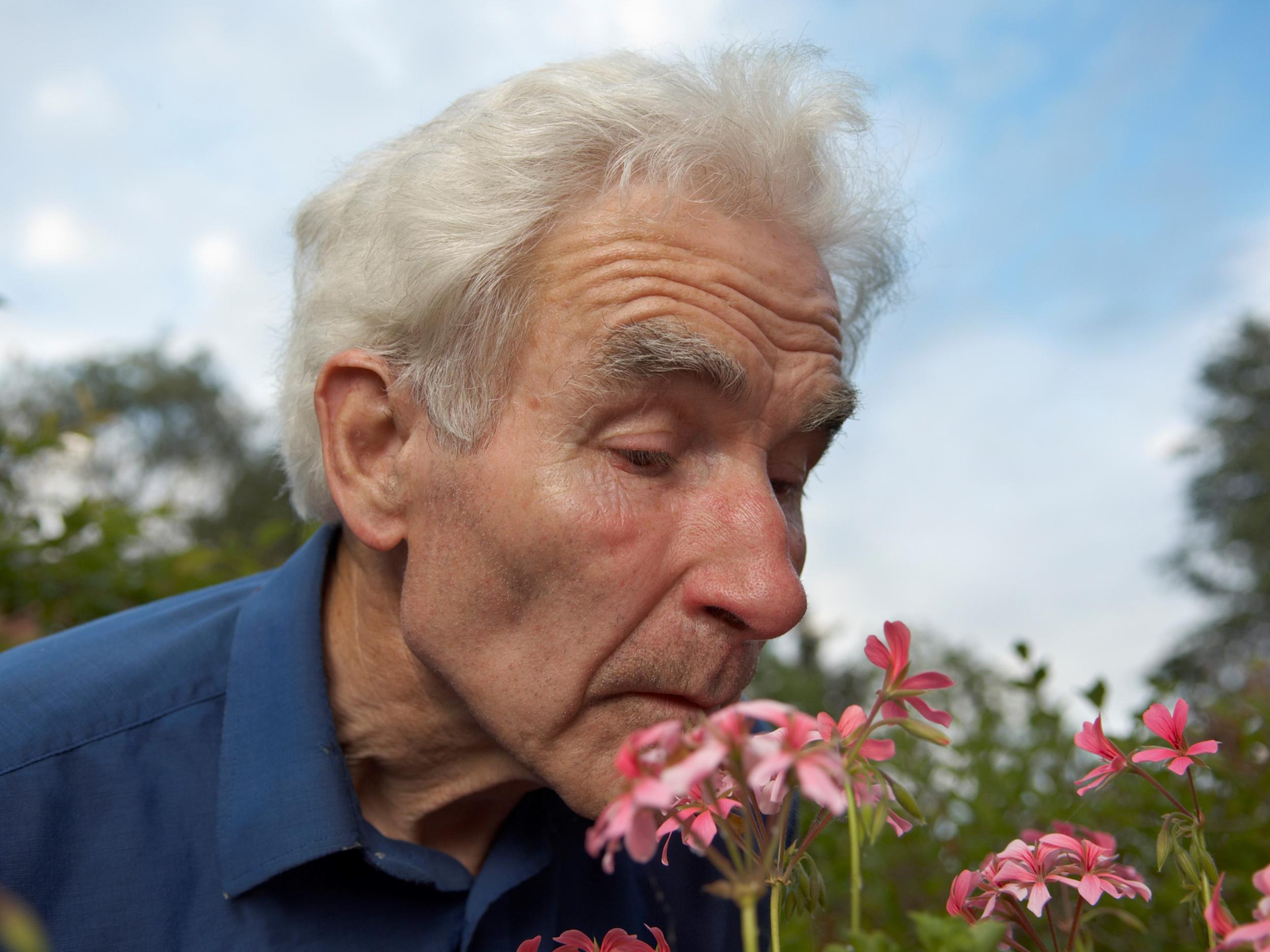Poor sense of smell in old age associated with higher risk of death in next decade, study shows
Loss of smell should be taken seriously by older people and their doctors, experts warn

A disappearing sense of smell is linked to higher chances of dying prematurely and should be included in routine GP health checks, experts have said.
US research found that older people who were least able to detect common odours were 46 per cent more likely to die in the next decade.
While losing your sense of smell can be an early symptom of some neurological disorders such as Parkinson’s and Alzheimer’s disease, it can also be lead to a loss of appetite and weight loss.
But Michigan State University researchers behind the latest study said the scent test was most effective in patients who were otherwise healthy.
This means it could be a useful early warning particularly as older people are often unaware their sense of smell is going.
“Poor sense of smell becomes more common as people age, and there’s a link to a higher risk for death,” said Dr Honglei Chen, one of the authors of the study in the Annals of Internal Medicine.
“[So] incorporating a sense of smell screening in routine doctor visits might be a good idea at some point.”
Dr Chen’s team analysed data from almost 2,300 men and women who took part in a major US ageing study.
Participants aged between 71 and 82 were asked to identify 12 common scents, and given four guesses for each with those identifying the most correct odours given a higher score.
Compared with those having a good smell sense, people in the “poor” category were 46 per cent more likely to die of any cause in the next decade, and 30 per cent more likely after 13 years.
This held true regardless of age, gender and race, but poor smell was most predictive of early death in patients who were otherwise healthy and had a good weight for their physique and age.
Neurological conditions and weight loss only explained 28 per cent of the increased risk of death among the poor smellers.
This means the vast majority of people who died didn’t have any condition which could explain their impaired olfactory senses.
“It tells us that in older adults, impaired sense of smell has broader implications of health beyond what we have already known,” Dr Chen said.
Robert Howard, professor of old age psychiatry at University College London who was not involved in the study, said: “This raises the interesting possibility that loss of smell may be a marker of generalised ageing and should be taken seriously by older people and their doctors.”
Join our commenting forum
Join thought-provoking conversations, follow other Independent readers and see their replies
Comments
Bookmark popover
Removed from bookmarks